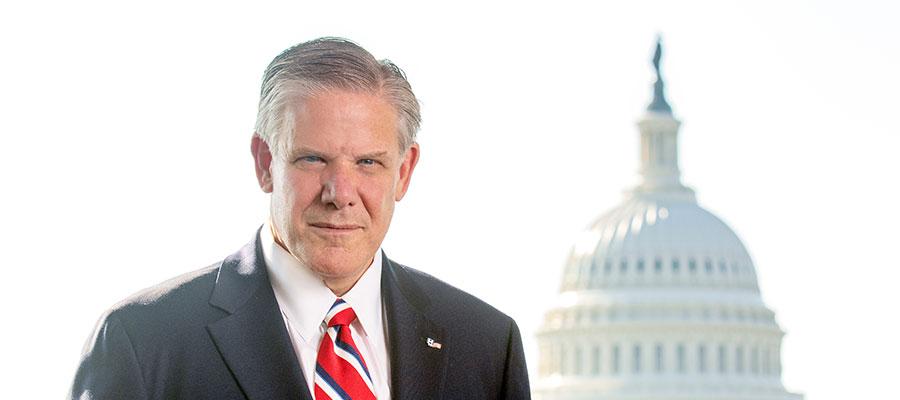Perspective: Continuing the Push to Restore Health to Hospitals

President Biden and congressional Democrats are moving forward with the president’s $1.9 trillion COVID-19 relief proposal.
This week, House and Senate leaders took the first steps to allow them to pass the relief package through budget reconciliation, which requires only a majority vote in the Senate as opposed to the 60 votes needed to pass most legislation.
Reconciliation is a complicated process with limitations about what can and cannot be included in the legislation. There are many negotiations and details to come, and a bipartisan agreement could still come together.
We must continue to educate legislators on how additional resources are necessary to treat patients, save lives and protect communities. Hospitals have not wavered one inch in their difficult mission during the pandemic. Congress and the White House can take much-needed additional steps to preserve their ability to continue the battle against COVID-19.
We are pleased that President Biden’s proposal includes much-needed additional funding to significantly scale up COVID-19 vaccine distribution and administration. Many hospitals and health systems are working tirelessly to administer vaccines as quickly and safely as possible. But to get to the scale our country needs for herd immunity, we need additional assets and other stakeholders to join us.
We also are encouraged that the proposal includes funding for COVID-19 testing and surveillance, investments in personal protective equipment supplies and therapeutics to treat COVID-19 patients.
However, there are a number of other important policies that should be included in the legislation to provide desperately needed assistance to hospitals and health systems. At the top of the list is additional funding for the Provider Relief Fund.
Two studies we released last year estimated that hospitals and health systems would experience at least $323.1 billion in financial losses through the end of 2020, and the same financial challenges persist this year. Additional funding for the Provider Relief Fund is essential to preserve access to care in communities, and in some cases, keep hospital doors open.
Other priorities we would like to see included are more support for front-line health care workers and eliminating cuts to the Medicare sequester, to name just a few.
During the next few weeks, we’ll be working hard to make the case to the Administration and Congress why additional support for our nation’s hospitals and health systems is necessary.
As is always the case, your voice will be critical to those efforts. Please keep sharing with your lawmakers what you are doing every day to care for patients, comfort families and protect communities.

